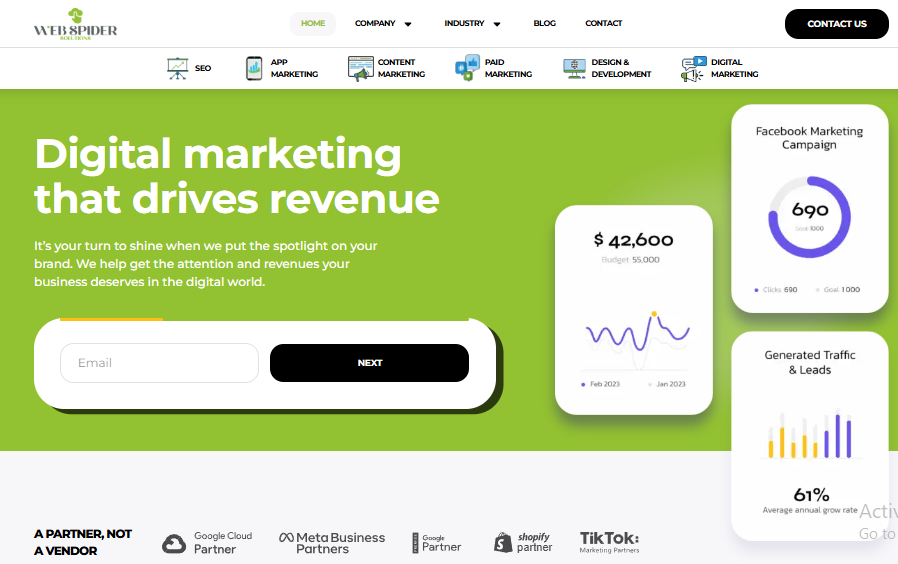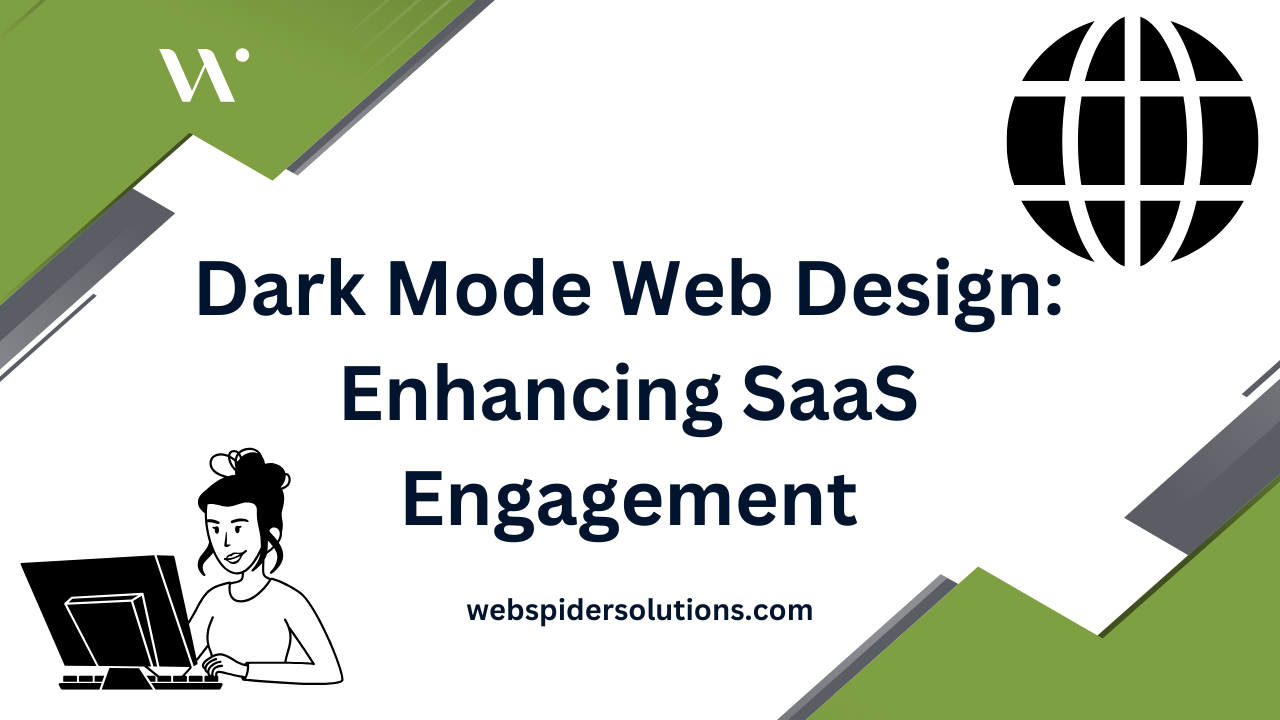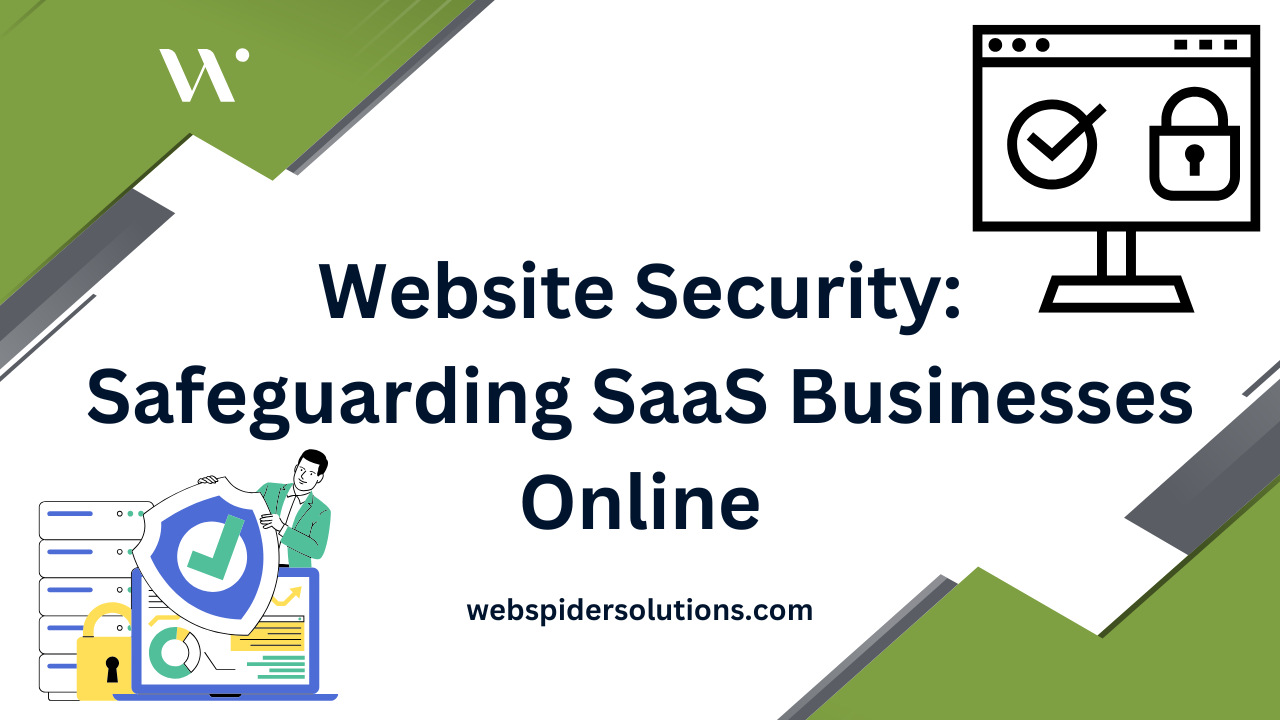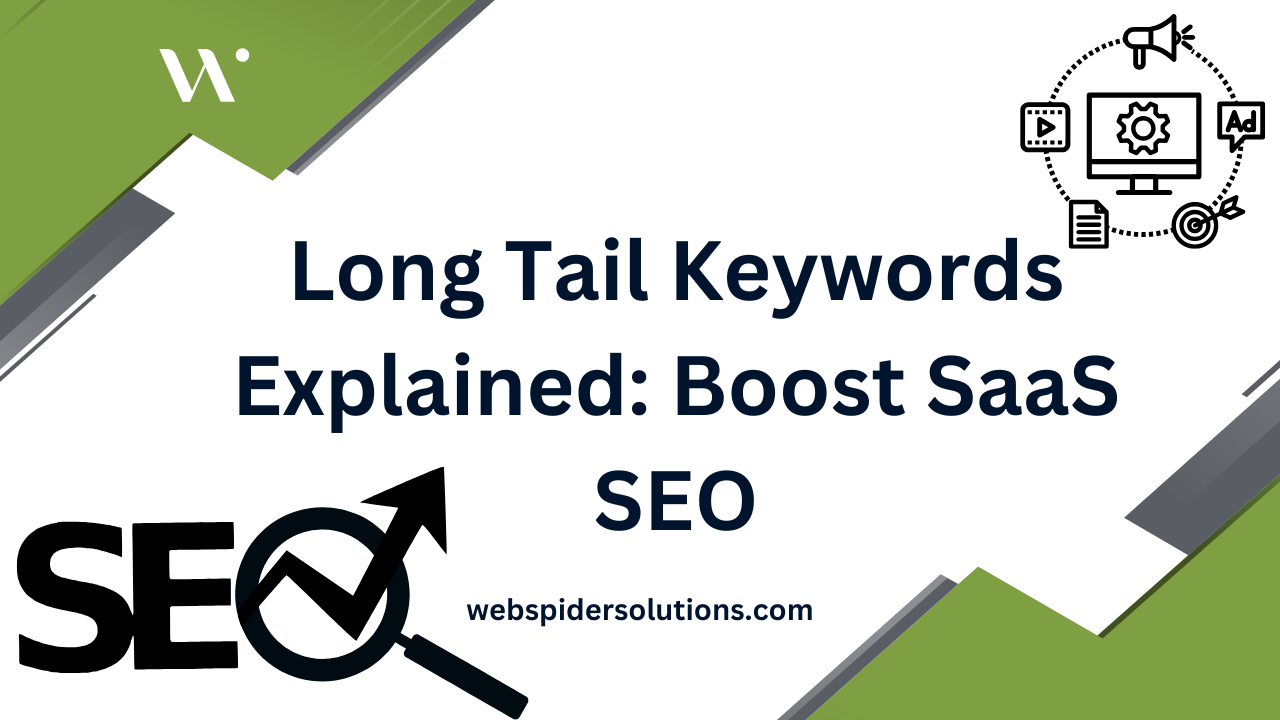Digital marketing is more than just a buzzword for businesses. Right now over 4.95 billion people globally use the internet, which means nearly two thirds of the world’s population can be reached online. Most think success in digital marketing is all about flashy ads or viral posts. It actually comes down to using smart strategies and data to connect with people in ways that no billboard ever could.
Table of Contents
- Defining Digital Marketing: What It Is
- The Importance of Digital Marketing in Today’s Business
- How Digital Marketing Works: The Mechanisms Behind Engagement
- Key Concepts and Strategies in Digital Marketing
- Real-World Applications of Digital Marketing in Various Industries
Quick Summary
| Takeaway | Explanation |
|---|---|
| Digital marketing is essential for modern business success | In today’s digital landscape, businesses must leverage digital marketing to remain competitive and meet customer expectations effectively. |
| Data analytics drives personalized marketing strategies | Utilizing data analytics allows businesses to understand customer behavior and tailor marketing messages to individuals more accurately. |
| Targeting specific demographics enhances engagement | Businesses can achieve better results by focusing their marketing efforts on precise customer demographics, increasing engagement and conversions. |
| Real-time performance tracking improves strategies | With digital marketing, organizations can monitor campaign performance in real time, allowing for quick adjustments to improve effectiveness. |
| Interactive digital experiences foster customer loyalty | Engaging customers through interactive online experiences builds stronger relationships, increasing brand loyalty and long-term value. |
Defining Digital Marketing: What It Is
Digital marketing represents a comprehensive approach to connecting businesses with potential customers through digital channels and technologies. Unlike traditional marketing methods, digital marketing leverages online platforms to reach and engage audiences more precisely and dynamically.
The Core Definition of Digital Marketing
At its fundamental level, digital marketing encompasses all marketing efforts that utilize digital technologies and online platforms to promote products, services, and brands. Learn more about our comprehensive digital marketing campaign strategies that can transform your business visibility.
According to research from digital strategy experts, digital marketing began approximately three decades ago and has since evolved into an essential component of modern business communication. It involves strategic use of multiple online channels including:
- Websites and search engines
- Social media platforms
- Email marketing
- Mobile applications
- Digital advertising networks
How Digital Marketing Works
Digital marketing operates through a complex ecosystem of interconnected digital touchpoints.
It uses data analytics, consumer behavior insights, and targeted communication strategies to deliver personalized marketing messages. Businesses can track user interactions, measure campaign performance, and adjust strategies in real time.
Key characteristics of digital marketing include its ability to:
- Provide measurable and trackable results
- Enable precise audience targeting
- Offer cost effective marketing solutions
- Create interactive and engaging customer experiences
The primary goal remains consistent with traditional marketing: connecting with potential customers, building brand awareness, and driving conversions. However, digital marketing achieves these objectives through more sophisticated, data driven approaches that allow for unprecedented levels of personalization and engagement.
![]()
The Importance of Digital Marketing in Today’s Business
In the rapidly evolving business landscape, digital marketing has transformed from a supplementary strategy to a critical component of organizational success. Why digital marketing is important for small businesses becomes increasingly evident as companies seek competitive advantages in a digitally connected world.
Driving Business Growth and Visibility
Digital marketing provides unprecedented opportunities for businesses to expand their reach beyond traditional geographical limitations. According to research from the OECD, organizations leveraging digital strategies can access global markets with minimal infrastructure investment.
Key advantages of digital marketing for business growth include:
- Ability to target specific customer demographics with precision
- Cost effective marketing compared to traditional advertising channels
- Real time performance tracking and analytics
- Increased brand engagement and customer interaction
Strategic Competitive Advantage
Businesses that effectively implement digital marketing strategies gain significant competitive advantages. Digital platforms enable companies to understand customer behaviors, preferences, and purchasing patterns through sophisticated data analysis. This insight allows for more personalized marketing approaches, improved product development, and enhanced customer experience.
Moreover, digital marketing provides businesses with:
- Faster communication with potential customers
- Immediate feedback mechanisms
- Scalable marketing campaigns
- Greater flexibility in marketing strategies
By embracing digital marketing, organizations can create more dynamic, responsive, and customer centric business models that adapt quickly to market changes and consumer expectations.
How Digital Marketing Works: The Mechanisms Behind Engagement
Digital marketing operates through intricate technological ecosystems that enable businesses to create meaningful connections with their target audiences. Learn how to boost your digital marketing ROI by understanding the core mechanisms driving online engagement.
Digital Channels and Consumer Interaction
Engagement in digital marketing fundamentally relies on strategic utilization of multiple online platforms and touchpoints. According to research by the U.S. Fish & Wildlife Service, effective digital strategies transform how organizations communicate and interact with their audiences.
Key digital marketing interaction channels include:
- Social media platforms
- Email marketing systems
- Search engine marketing
- Content marketing websites
- Mobile application interfaces
Data Driven Engagement Mechanisms
Modern digital marketing leverages sophisticated data analytics and behavioral tracking technologies to create personalized user experiences. These mechanisms allow businesses to understand consumer preferences, predict potential interests, and deliver targeted content with unprecedented precision.
Core engagement strategies encompass:
- Personalized content recommendations
- Retargeting advertisements
- Automated email sequences
- Interactive web experiences
- Real time customer communication tools
By integrating advanced technological tools and strategic communication approaches, digital marketing transforms traditional one way communication into dynamic, interactive consumer experiences that adapt continuously based on user behaviors and preferences.
Key Concepts and Strategies in Digital Marketing
Digital marketing requires a sophisticated understanding of strategic approaches that go beyond traditional advertising methods. Learn the essential steps for a successful digital marketing strategy to maximize your online potential and business growth.
Core Strategic Components
Successful digital marketing strategies are built upon a foundation of interconnected approaches that work synergistically to achieve business objectives. According to research from Yale School of Management, these strategies focus on creating and extracting value through targeted customer engagement.
Key strategic components include:
The following table summarizes the core strategic components of digital marketing and the primary value each provides to a business.
| Strategic Component | Description |
|---|---|
| Search Engine Optimization | Improves visibility on search engines to attract more organic website visitors. |
| Content Marketing | Creates valuable and relevant content to attract and engage target audiences. |
| Social Media Engagement | Builds brand presence and interacts with customers on social platforms. |
| Email Marketing Campaigns | Delivers targeted messages and offers directly to subscribers’ inboxes. |
| Paid Digital Advertising | Uses paid channels, like search and display ads, to drive targeted traffic and conversions. |
- Search Engine Optimization (SEO)
- Content marketing
- Social media engagement
- Email marketing campaigns
- Paid digital advertising
Audience Targeting and Personalization
Modern digital marketing transcends generic communication by emphasizing precise audience segmentation and personalized messaging. Businesses can now leverage advanced data analytics to understand consumer behaviors, preferences, and potential purchasing patterns with unprecedented accuracy.
Critical personalization strategies encompass:
- Developing detailed customer personas
- Creating adaptive content experiences
- Implementing behavioral tracking mechanisms
- Utilizing machine learning for predictive recommendations
- Designing dynamic user interaction pathways
By integrating these sophisticated approaches, organizations can transform digital marketing from a simple communication tool into a strategic mechanism for building meaningful, long term customer relationships that drive sustainable business growth.
Real-World Applications of Digital Marketing in Various Industries
Digital marketing has revolutionized how businesses across different sectors communicate, engage, and convert potential customers. Learn about comprehensive digital marketing services that can transform your industry specific marketing approach.
Digital Marketing in Retail and E-commerce
Retail and e-commerce industries have been at the forefront of adopting digital marketing strategies to create personalized shopping experiences. According to research analyzing digital marketing impacts, these sectors leverage advanced targeting techniques to enhance customer interactions.
Key digital marketing applications in retail include:
- Personalized product recommendations
- Retargeting advertisements
- Social media shopping integrations
- Dynamic pricing strategies
- Customer journey mapping
Industry Specific Digital Marketing Approaches
Different industries utilize digital marketing strategies tailored to their unique business models and target audiences. Healthcare, finance, technology, and education sectors have developed sophisticated digital engagement methods that go beyond traditional marketing techniques.
Industry specific digital marketing strategies encompass:
- Targeted content marketing
- Specialized social media campaigns
- Interactive webinars and online training
- Precision audience segmentation
- Compliance driven communication approaches
By embracing digital marketing, organizations across various industries can create more meaningful connections, provide value driven experiences, and adapt quickly to changing consumer expectations and technological advancements.
This table provides a concise comparison of how digital marketing is utilized differently across various industries, highlighting distinct approaches and examples.
| Industry | Digital Marketing Approach | Example Application |
|---|---|---|
| Retail/E-commerce | Personalized recommendations | Suggesting products based on shopping history |
| Healthcare | Compliance-driven content | Educational campaigns on health topics |
| Finance | Precision audience segmentation | Targeting ads for investment products |
| Technology | Interactive webinars | Live product demos and online training |
| Education | Online training and content | Promoting webinars and virtual open houses |

Elevate Your Digital Marketing Strategy with Proven Solutions
Understanding the complex world of digital marketing is the first step, but implementing effective strategies that drive real results is what separates market leaders from everyone else. If you have ever struggled to turn data-driven insights into measurable growth or found it tough to reach your target audience in a crowded online space, you are not alone. The real challenge is staying ahead with strategies that adapt to changing consumer behavior, while making sure your marketing works together across paid advertising, content, and technology.
Discover how our tailored Paid Advertising solutions solve today’s toughest digital challenges. See how our smart campaigns boost your visibility, engagement, and ROI.

Take your next step toward digital domination now. Visit Web Spider Solutions for a custom consultation. Unlock a clear path to better search rankings, higher quality leads, and a stronger online presence that lasts. Start your strategy for success today.
Frequently Asked Questions
What is digital marketing?
Digital marketing encompasses all marketing efforts that utilize digital technologies and online platforms to promote products, services, and brands. It includes strategies across websites, social media, email, mobile apps, and digital advertising networks.
How does digital marketing impact business growth?
Digital marketing allows businesses to reach a global audience, target specific customer demographics, and track performance in real-time. This leads to increased brand engagement, higher conversion rates, and overall business growth.
What are the key components of a successful digital marketing strategy?
A successful digital marketing strategy typically includes components such as Search Engine Optimization (SEO), content marketing, social media engagement, email marketing campaigns, and paid digital advertising.
Why is audience targeting important in digital marketing?
Audience targeting is crucial in digital marketing as it allows businesses to create personalized messages and content tailored to specific customer segments. This enhances engagement, increases conversion rates, and builds long-term customer relationships.











